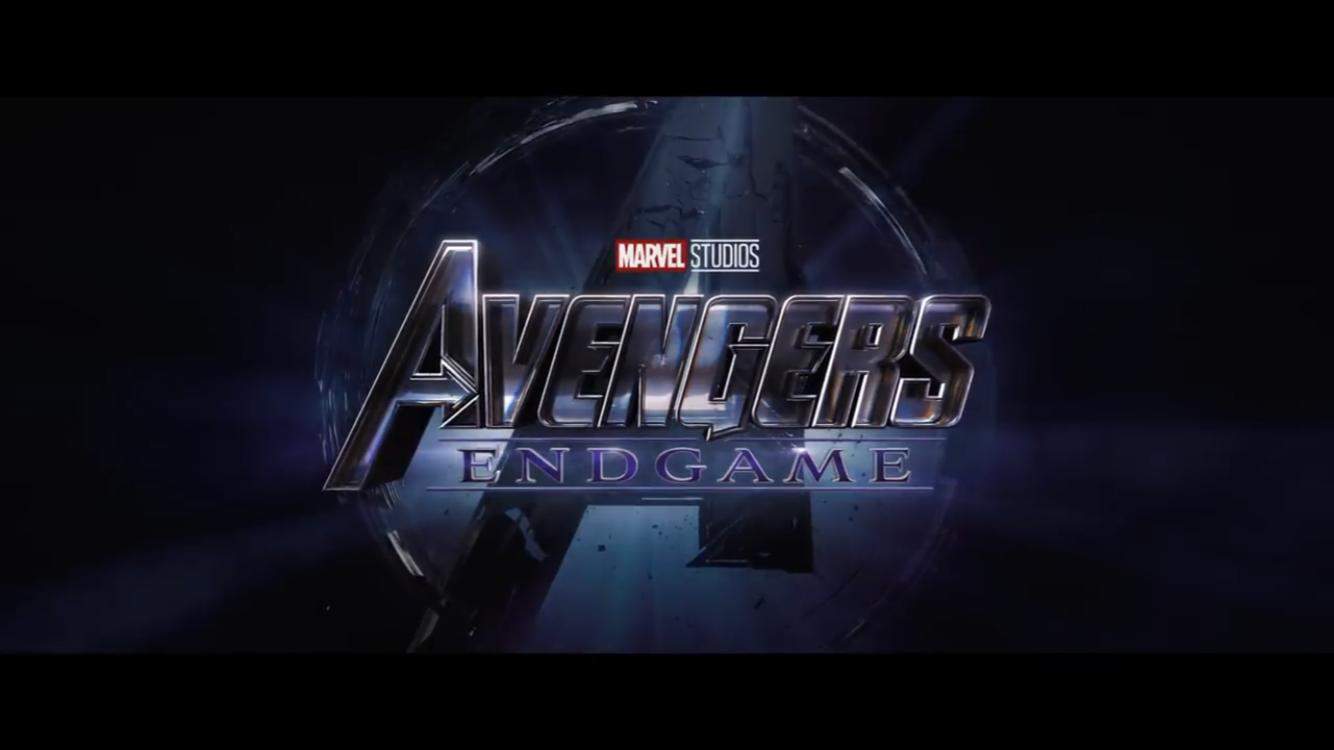With a single snap of Thanos’s fingers, Marvel fans were left with desperate and heart-wrenching goodbyes and credits running in silence at the end of Avengers: Infinity War. For a year now Marvel fans have found themselves wrestling with a single question: What is the endgame to save the Marvel universe?
At the heart of the enigma, fans must hope that Marvel didn’t just kill half of its cinematic universe to toy with our emotions. There must be some sort of underlying stakes behind the entirety of “the endgame” which will be revealed in less than a month on April 26th… The question is: what is coming?
My hope is that Avengers: Endgame will reward us not simply with the impossible but with the applicable. Superheroes fundamentally teach us about humanity and about the ethics behind our actions—they provide lessons and insights into our lives via archetypes. So given in broad strokes, here are three possible resolutions to Avengers: Endgame which might just provide fans with rewarding insights into our own humanity.
1. The Leadership of Women & Minorities:
Comic books and superheroes traditionally have struggled with their depictions of women and minorities. One need only look to “The Golden Age” of comics to see many problematic—and frankly racist and sexist—depictions.
Yet, in the last couple of years, beginning with Gal Gadot’s Wonder Woman and Marvel’s Black Panther and continuing through Marvel’s recent Captain Marvel, Hollywood has seen not only a growing market of inclusion, but economic successes linked to positive depictions of groups which comics traditionally have failed. While we saw the Avengers led by white men in the first three movies, perhaps we’ll see women and minorities more actively leading and saving the day.
Certainly, Marvel Studios has laid the groundwork for this with Captain Marvel, who is likely one of the most powerful characters in the cinematic universe—one character in her titular movie even said that she was more powerful than one of the Infinity Stones. Perhaps Marvel fans will find the solution to “the endgame” lies in the hands of women and minorities, and maybe those hands of the underrepresented hold hope for a future beyond the cinematic screen.
2. The Sacredness of the Soul Stone:
A second possible solution to the endgame relies upon the nature of the “Soul Stone” itself. It holds “a special place” amongst the six Infinity Stones possessing “a certain wisdom” which seems both mystical and mysterious. We see it in action only once with “the snap,” but we are led to assume that it contains the power to control the soul or the essence of a person. Whatever its power, the Soul Stone is guarded by sacrifice; in order to attain the stone, Thanos himself was required to sacrifice his daughter, Gamora.
In a vision at the end of the movie, Gamora asks him what it cost him, and Thanos responds, “Everything.” The moment is tragic, but according to some commentary from the studio, that sacrifice might only be partial—Gamora might in fact be inside one of the Infinity Stones. If that is the case, then it might mean something fundamental which we might not have assumed with “the snap”: maybe all of the souls have been temporarily held within the Soul Stone.
Shortly after “the snap,” some fans began a sort of defense of Thanos’s choice to kill half of the universe. Their movement carried the hashtag #thanosdidnothingwrong, and there was even a Reddit thread by same name that enacted a 50% purge of its members. Despite Josh Brolin’s sympathetic performance, any defense of Thanos misses the point: he murdered half the universe. There is not utilitarian justification which can overcome the fact that this villain committed such an atrocity that we cannot even fathom its scope.
If, in fact, the Soul Stone holds the souls of those annihilated by Thanos, then the Marvel universe is making an implicit statement about the value of all these lost people. Perhaps, as Christians, we can find some solace in this premise—it acknowledges the value and immortality of the soul. Even further, this sort of solution to the problem of “the snap” reminds us of the value and inherent dignity of each life.
3. The Heroism of a Self-Sacrificial Act:
A third possibility—and definitely my favorite theory—relies upon a common theme within comics: sacrifice. The plot of Avengers: Infinity War was all about the heroes fighting and sacrificing to stop Thanos from gathering the Infinity Stones into a gauntlet that unifies six infinite and elemental powers into a single weapon which would allow Thanos to kill off half of the living beings in the universe.
Though Thanos succeeds in wielding such a powerful weapon in Avengers: Infinity War, you likely saw the scarring and damage that “the snap” did to Thanos—so it should be noted that there are not many characters powerful enough to use the Infinity Gauntlet and survive. There are perhaps only two heroes within the Marvel cinematic universe who could successfully wield the gauntlet: Thor & Captain Marvel.
Of course, it would make sense that the logical “endgame” to defeat Thanos would rely upon one of these two characters. That might be the Avengers’ game plan in the next movie: get the Infinity Gauntlet to Thor or Captain Marvel to fix the universe.
It’s because this is the most likely plan that I want it to fail.
Instead, my hope is that even though the game plan seems easy enough, something happens to stop both Thor and Captain Marvel from saving the day. Rather than either of them using the gauntlet, I would like the Avengers’ plan to fail, leaving Iron Man & Captain America to use the Infinity Gauntlet in desperation. Of course, they do not have the power that Thor or Captain Marvel have, so their determination to use the Infinity Gauntlet would kill them.
These two characters have been absolutely essential for the last decade of Marvel movies, and their ultimate sacrifice would be a beautiful crescendo for their heroism. This type of sacrifice would also be the ultimate demonstration of love—laying down one’s life for a friend. It echoes neatly back to the Paschal Mystery wherein Jesus took our place upon the cross, so that we might have eternal life. In the same way, if Captain America & Iron Man were to accept the burden of wielding the Infinity Gauntlet, they would be laying down their lives to bring life to the universe.
*****
Whatever the “endgame” holds, we can assume a high stakes battle, and we can hope that battle is one which reminds us of the underlying nature and dignity of the human person.
Stay tuned after the release of Avengers: Endgame for a review from The Jesuit Post.


